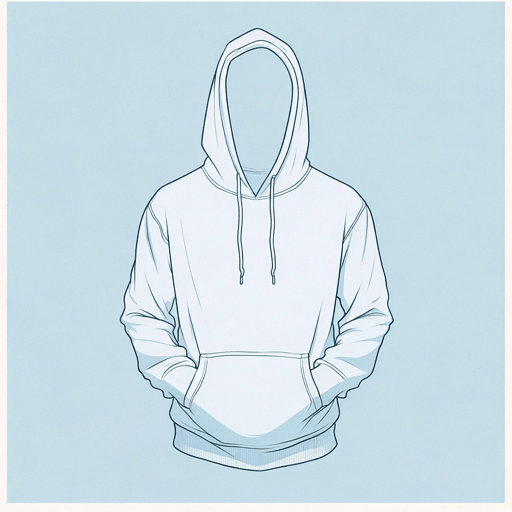53 pages • 1 hour read
Mohsin HamidMoth Smoke
Fiction | Novel | Adult | Published in 2000A modern alternative to SparkNotes and CliffsNotes, SuperSummary offers high-quality Study Guides with detailed chapter summaries and analysis of major themes, characters, and more.
Summary and Study Guide
Overview
Mohsin Hamid’s first novel, Moth Smoke, examines class and privilege, drugs, and sex in 1990s Pakistan. The novel plots the unraveling of Darashikoh Shezad’s life. When the book opens, Daru is on trial for the death of a boy, and the text examines the events leading up to this false accusation. Multiple narrators chart Daru’s moral decline, and the examination of Daru’s choices from different angles asks the reader to be the judge of Daru’s guilt. Published in 2000, Moth Smoke was a finalist for the PEN/Hemingway Award and won a Betty Trask Award for the first novel written by an author under the age of 35.
All quotations in this guide derive from the Picador USA edition, originally published by Farrar, Straus and Giroux in 2000.
Content Warning: The source material and this guide contain discussions of child death, drug addiction, and sexual exploitation.
Plot Summary
Darashikoh Shezad, known as Daru, rolls a joint in his car on the way to see his best friend, Aurangzeb Shah, or Ozi. They have not seen each other in a few years, as Ozi has been studying in America; he has also married Mumtaz Kashmiri, and the couple has an infant son, Muazzam. Daru has mixed feelings about seeing his friend. Ozi is wealthy and successful, while Daru still lives in the same small house, working a menial job at a bank. Daru is also struck by Mumtaz’s beauty and throaty voice.
Daru’s trajectory takes a decidedly downward turn over the course of the summer, revealed in chapters that alternate between Daru’s narration and other characters’ recollections. The first chapter is narrated from the perspective of an unnamed man in a cell, while the second chapter is set in a courtroom trial: The prosecutor indicates that Daru is on trial for killing a boy.
The story returns to the beginning of summer. After reuniting with Ozi and Mumtaz, Daru loses his job at the bank. He is fired for insubordination—he thinks the job is beneath him—but tries to keep it secret from his friend, especially given the privileged circles Ozi inhabits. Daru attends parties with Ozi and Mumtaz, populated with Lahore’s young glitterati. While he resents their wealth and privilege, he uses the opportunity to get to know Mumtaz better while Ozi schmoozes with the crowd.
Daru’s electricity is cut off due to his inability to pay, and his desperation over his financial situation grows. He cannot pay his servant, Manucci, and he is embarrassed to borrow money from his uncle. He turns to dealing drugs, at first incidentally, and then with greater enthusiasm. However, Daru begins using drugs more, often smoking a heroin-laced joint. He begins an affair with Mumtaz, and she quickly becomes an obsession. Mumtaz, though, is ambivalent about the affair; after all, she is still a married woman with a child at home. She also has a budding career as a journalist, writing under the pen name Zulfikar Manto.
Eventually, Daru’s drug-induced torpor and his romantic delusions drive Mumtaz away. Before she leaves, however, Daru divulges a secret about Ozi: Daru recently witnessed Ozi strike a boy with his car, and then drive away. Daru himself took the dying boy to the hospital and confronted Ozi about his actions; Ozi made Daru promise not to tell the police. This information, coupled with her knowledge of Ozi’s corrupt financial dealings—he is a money launderer like his father—ultimately push Mumtaz away from him. Still, she also leaves Daru, urging him to get help.
Daru has no such plans, and once Mumtaz is gone, he falls deeper into addiction and increasingly reckless behavior. He agrees to go along with a plan concocted by his drug connection, Murad Badshah, to rob a boutique store. Murad supplies Daru with a gun, and they set a date. Even the heroin coursing through his system cannot keep Daru calm as they embark upon their plan. During the course of the robbery, something goes awry. A small boy runs for the door, and a gun is fired, shattering the glass.
The next day, Daru is arrested—but not for the robbery. He is accused of hitting a boy with his automobile, accidentally killing him, and then leaving the scene of the crime. Though Mumtaz protests that Daru is innocent, that Ozi and his father have bribed witnesses to give a false account and corrupted the justice system, it appears that Daru cannot escape his fate. The novel never clarifies whether Daru or someone else fired the gun on the day of the robbery, nor does it address whether the boy who was running for the door—described as an “ugly boy who looks like Muazzam” (233)—was at all hurt. The trial itself never reaches a conclusion; the verdict is left unstated. It is up to the reader to decide whether Daru is guilty—and of what. Like a moth flying too close to a flame, Daru inevitably gets burned, leaving only smoke in his wake.
Related Titles
By Mohsin Hamid





